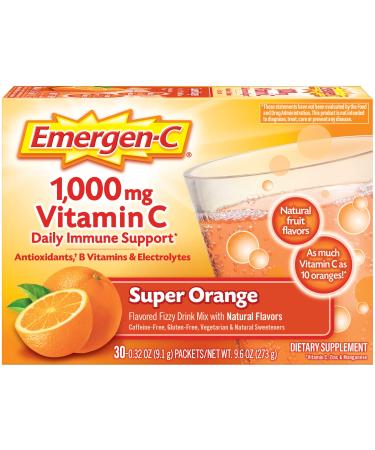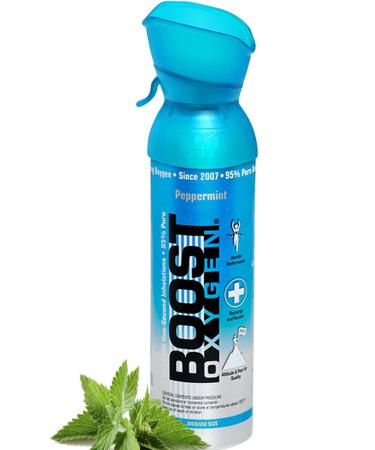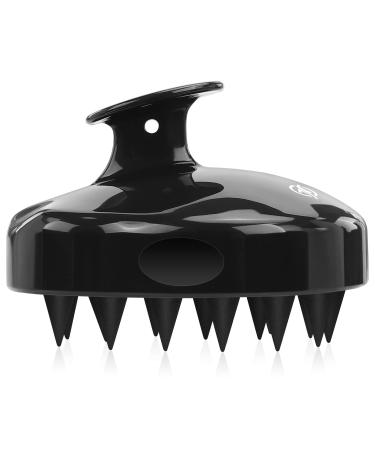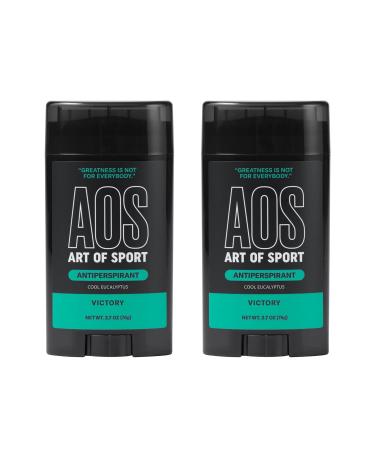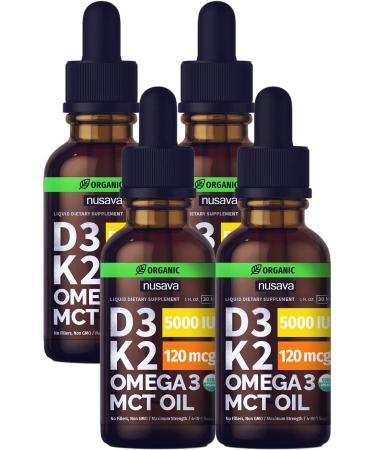- Lavandula Angustifolia
- Kosher
The fresh, sweet aroma of lavender has relaxing and uplifting qualities that leave users with a sense of calm and balance, making it one of today's most popular scents. Lavender is a gentle, multi-purpose herb. Lavender flowers have been used throughout history, to encourage love and passion, as a soothing component in skin care, hair care and cosmetic products, and in an array of perfumes, colognes and bath products.
The Plant: With 21 species and numerous sub-species, hybrids and cultivars, lavenders can be found in many sizes and in colors from purple to blue to nearly white hues. The small woody shrubs are native to the Mediterranean region, Middle East and India but are cultivated all over the world. Lavender is a popular garden plant and can be grown in most temperate regions in well-drained soil in a sunny area.
Lavender flowers have a fresh, sweet, floral, herb-like aroma, generally enjoyed by both men and women. The flowers are harvested when in full bloom, usually being stripped from the flower spike, but sometimes dried on the spike to make lavender flower wands. Lavender flower petals are fused together in a tubular shape and the color of true lavender flowers is a grey-blue.
Constituents of Note: The essential oil, which is present in lavender flowers at 1 to 2%, is responsible for the characteristic fragrance and the beneficial properties of lavender flowers. Lavender essential oil is distilled from lavender flowers and is the most important and most popular aromatherapy essential oil in the U.S. Components of lavender essential oil include linalyl acetate (30-55%, with higher levels present in lavender grown at higher altitudes) and linalool (30-40%). Camphor, a very minor constituent in true lavender (maximum of 1%) is present at three times the levels in lavandin and measuring camphor is a way to identify lavender flowers adulterated with lavandin.
Quality: Lavender flowers are grey-blue in color with minimal amounts of brows or grey flowers. The flowers of lavender must be harvested before they get too mature or the petals will break off during drying and handling. Good quality lavender flowers contain little or no stem. Lavender essential oil is the most adulterated aromatherapy oil in the U.S., often being a mixture of lavender and lavandin essential oils or even lavandin essential oil labeled as lavender essential oil. Dried lavender flowers are also often adulterated with lavandin flowers. Lavandin is the hybrid of true lavender and spike lavender, and has its own uses, but different aromatherapy properties than true lavender. Because it is has higher yields of both flowers and essential oil than true lavender, it is used as an adulterant. We GC (gas chromatography) test every batch to insure that of are our lavender flowers are always pure lavender.
Did you know? Lavender scented handkerchiefs and lavender swooning pillows on the "fainting couch" were popular with Victorian women prone to overexcitement and fainting.
Suggested Use
Lavender Tea: Pour one cup of hot water over 1 teaspoon of lavender flowers and steep 3 to 5 minutes.
Lavender Facial Steam: Add 1/2 cup lavender flowers to 2 quarts of hot water, simmer over low heat until steam starts to rise, then remove from heat. Hold face over pot (make sure it is comfortable and not too hot) and cover head with a towel for up to 10 minutes.
Lavender Bath: Place 1 cup of flowers in a muslin bag or cloth and tie closed. Place in tub and soak. (Replace half the lavender flowers with oatmeal to make an effective herbal washcloth.)
Lavender Body Powder: Mix 2 ounces of finely ground lavender flowers with 2 ounces of white clay, let stand for a few days. Sift out any large particles and apply.
The lavender flowers and lavender essential oil are one of the most popular ingredients in herbal sachets, creams and lotions, shampoos, facial steams, baths, body powders salves and liniments, and perfumes. It can be found anywhere that lavender's relaxing scent or balancing and rejuvenating properties are beneficial.
Lavender is often mixed with other relaxing herbs such as lemon balm and chamomile.
Herbal pillows are another way to enjoy lavender and other relaxing herbs.
Lavender sachets can be used to scent linens and clothes and keep them fresh smelling through the winter months.
Lavender water (simply an infusion made with lavender flowers) makes a fragrant skin toner or aftershave and it helps sooth irritates skin.
And the flowers are also used in potpourris, sachets, crafting and home décor.
Warnings
Non-irradiated
The Botanical Safety Handbook* classifies lavender flowers as:
Class:1 Herbs which can be safely consumed when used appropriately.
Per the German Commission E Monograph**for lavender flowers, there are no known contraindications, side effects or drug interactions.
*Michael McGuffin, ed., American Herbal Products Association's Botanical Safety Handbook, (New York: CRC Press, 1997)
**Mark Blumenthal, ed., The Complete German Commission E Monographs, (Austin TX: Integrative Medicine Communications, 1998



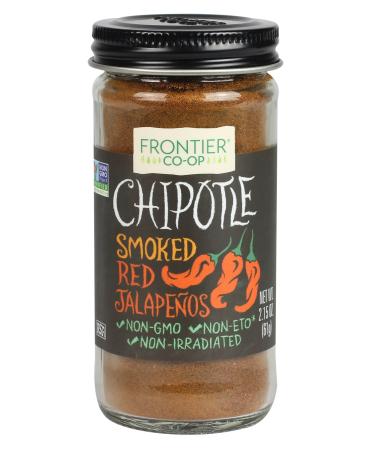
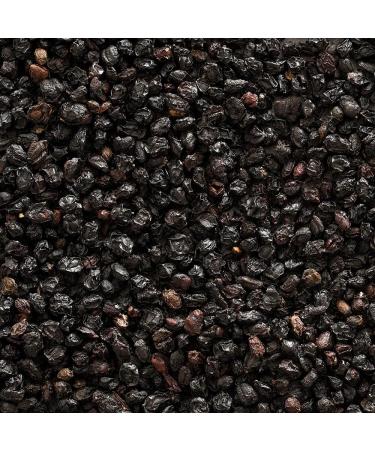
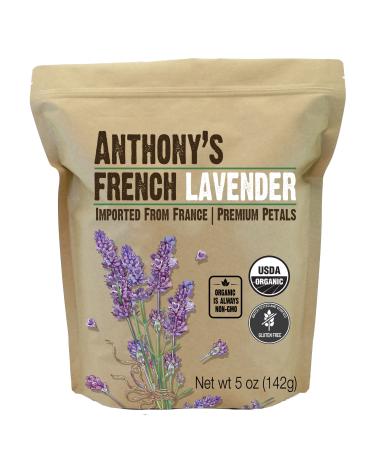
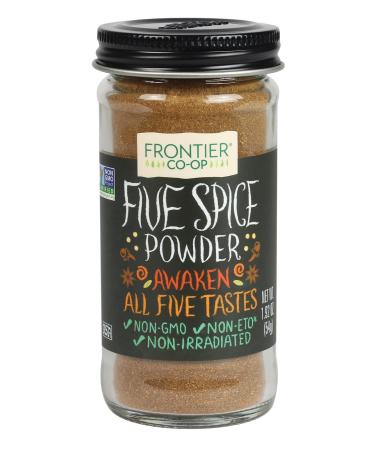
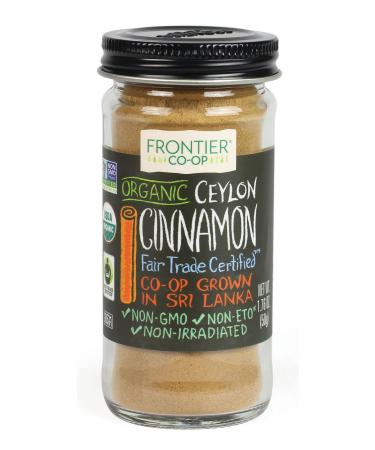
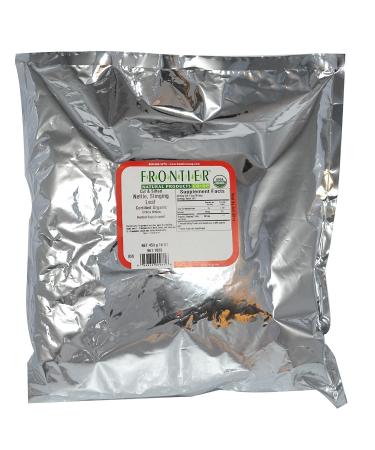
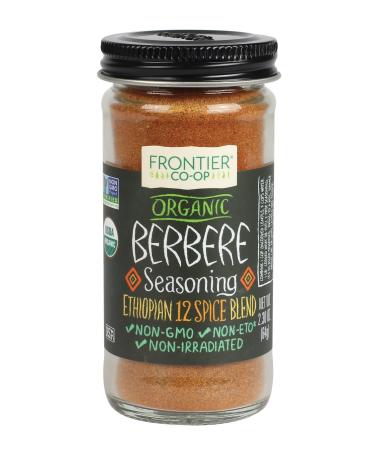
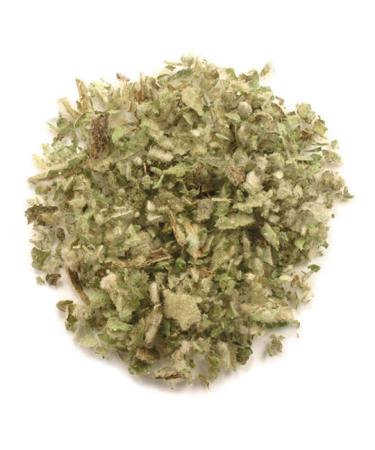

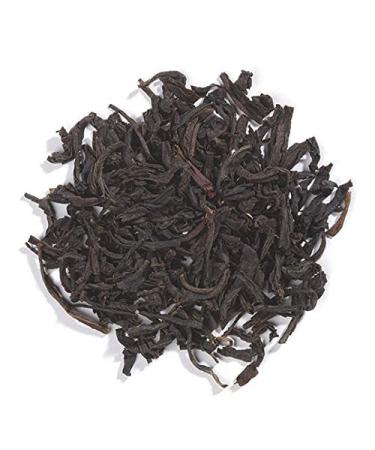


![Stewart Freeze Dried Dog Treats Made in USA [Single Ingredient Puppy and Dog Training Treats - Grain Free Natural Dog Treats] Resealable Tub to Preserve Freshness - Buy Online on GoSupps.com](https://www.gosupps.com/media/catalog/product/cache/25/small_image/375x450/9df78eab33525d08d6e5fb8d27136e95/6/1/61gwbbixarl._ac_sl1500_.jpg)
